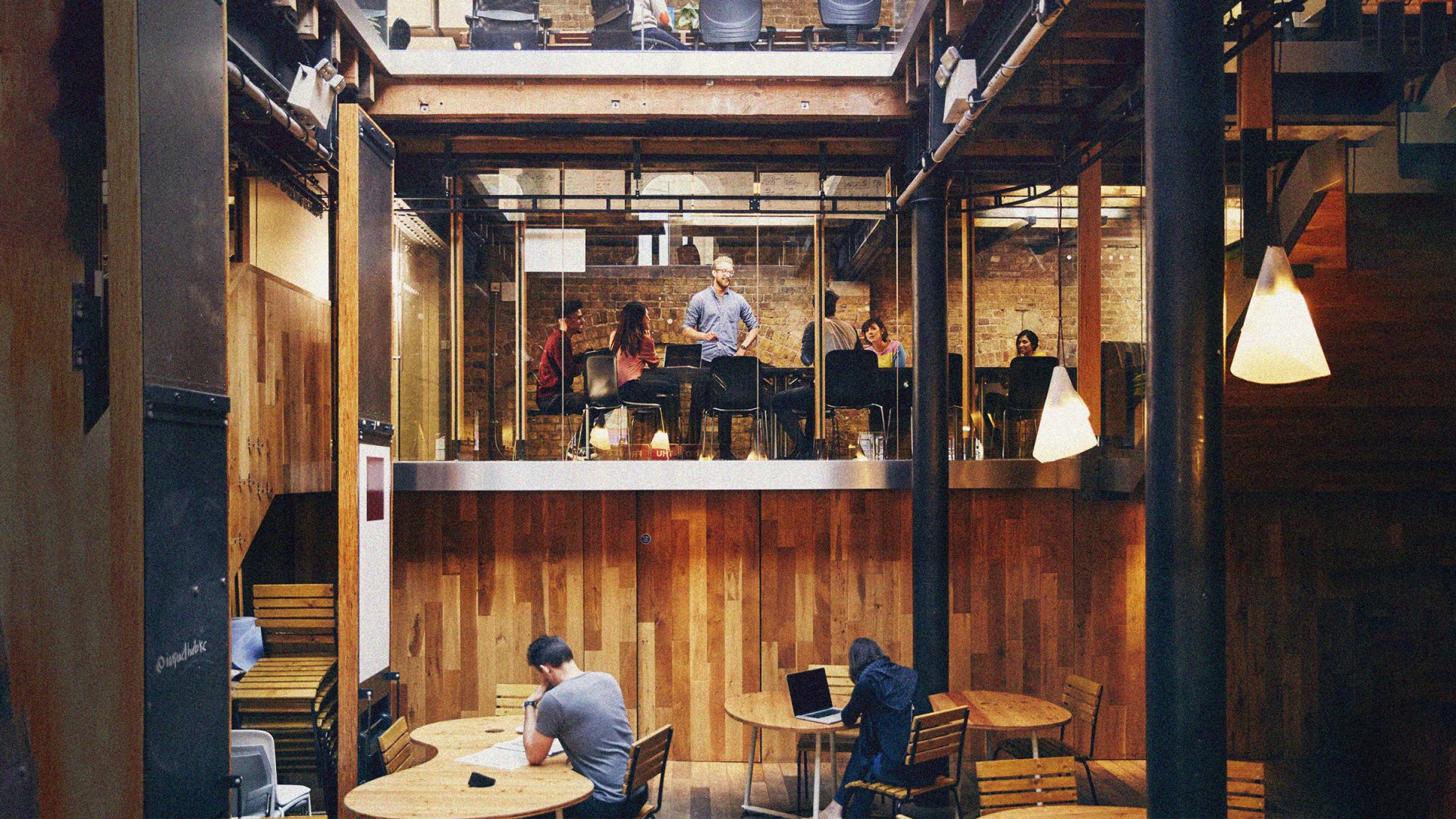How does a career start? This both is and isn’t a rhetorical question. People leave school and they go to university, then they graduate and they get a job, and… well, you know the rest. Still, how to get started? Most degrees don’t really prepare you for life in an office; at most, they may teach you about the topics you’d like to focus on, but that isn’t even true most of the time.
How, then, to know what you’re doing? I can only speak for myself but, when I think back on those first few years, I mostly think of osmosis. What did I learn and how did I learn it? I couldn’t really tell you. All I know is that I was working in a newsroom and, somehow, over time, I became a journalist. Some skills I was purposely and specifically taught, but the majority of my job was made up of things I learnt by looking, and doing.
Read more: Gen Z’s problems are all our fault
Similarly, I’m not sure I could explain just how or why I know the journalists I do. There are people in my industry I have been friends or friendly with for over a decade, meaning that we must have definitely met at some point, but when? What caused those meetings? Your guess is as good as mine.
This is why I have been fighting an increasingly lonely battle since the pandemic. Sure, working from home has its upsides, and I would never dream of arguing for a return to a strict Monday-to-Friday in the office, but I worry about the voices we hear from, and the ones we ignore.
Of course, if you’re an older professional, live in a house, and have caring responsibilities – either children or elderly relatives – then the post-lockdown landscape has changed your life for the better. You can actually raise your kids, cook some healthy meals for cheap, and you no longer have to commute to and from that lovely gaff you and your spouse bought in the deep ‘burbs. It’s perfect.
What happens to everyone else, though? As the Financial Times reported earlier this week, Gen Zers – aka young professionals under the age of, roughly, 28 – are more likely to want to spend more time in the office than their older colleagues. They also favour hybrid working, but come in an average of just over three days a week, as opposed to around two and a half for other workers.
It shouldn’t be a surprise. In your twenties, work is often about much more than – well, work. It’s about creating your own networks, befriending colleagues, discovering the highs and lows of office crushes and nemeses, going to the pub at the end of the day, and figuring out just what kind of adult you want to become. It’s easy to forget once you reach the wrong side of, say, 35, but there is a lot of fun to be had in an office before the novelty wears off.
Perhaps most importantly, though, a number of the benefits office working can provide will only exist if older generations also come in more often. There is so much to be learnt by simply existing in the same spaces as people who have been doing your job for much longer than you. No amount of Zoom meetings can recreate the experience of learning this and that without even meaning to, but merely by being there.
Again, no-one is arguing that pre-2020 patterns need to make a return anytime soon. Instead, it may be time for older workers to reckon with the fact that they will, in time, retire, and the companies they work for will need new generations to replace them. Those younger employees will only be able to become more senior and competent by learning from those who came before them.
The debate on home-working has so often focused on the needs of workers and the demands of bosses, but it really is a bit more complicated than that. We have heard a lot from people whose lives were revolutionised by mostly working remotely, but they aren’t the only ones whose opinions and experiences matter.
As someone who so thoroughly enjoyed her first few years of going into work every day, I worry that new generations are currently missing out. There is a lot to be learnt from being in an office, but it can only happen if everyone agrees to do their bit.










